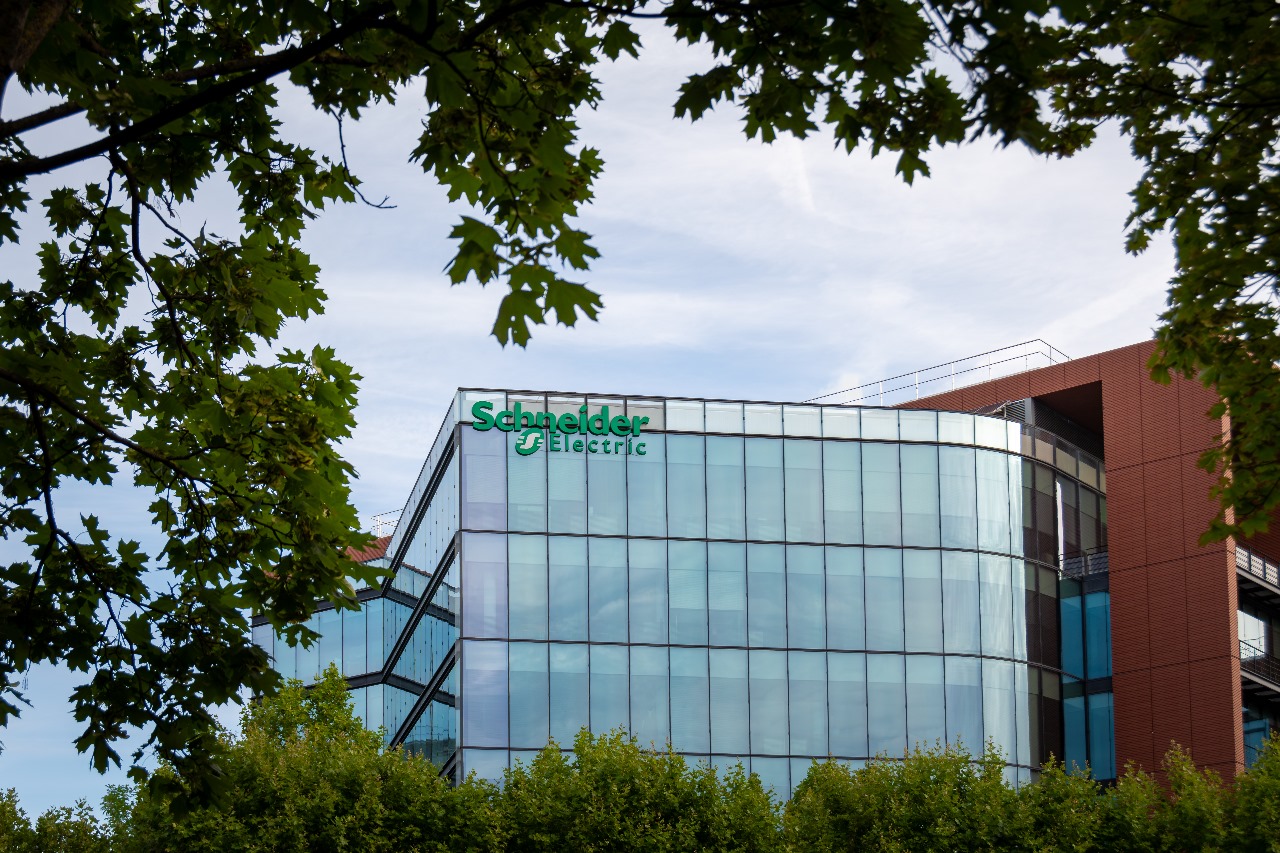 Schneider Electric./HANDOUT
Schneider Electric./HANDOUT
In an era when climate change is no longer a distant threat but a lived reality, companies around the world are being pushed to take real action—especially on how they manage the carbon footprint of their supply chains.
Now, a new tool from Schneider Electric is making that work a little easier, and more inclusive.
The platform, called Zeigo™ Hub, was launched this month with one goal: to help companies decarbonise their supply chains at scale.
For many, that means finally tackling what experts call Scope 3 emissions—those indirect emissions that happen outside a company’s direct operations but within its value chain.
“A decarbonised supply chain is no longer a ‘nice to have’—it’s a strategic imperative,” said Laura Eve, Vice President of SaaS Sustainability Solutions at Schneider Electric.
What sets Zeigo Hub apart from other tools is its focus on supplier engagement. Instead of just collecting data from suppliers, it helps them take action.
The platform walks them through measuring their own emissions, learning about sustainability, and taking steps to reduce their impact—no matter how small or new their business might be.
Smaller suppliers often struggle to keep up with corporate sustainability demands.
Many don’t have teams or tools to handle climate reporting.
Zeigo Hub tries to level that playing field.
Suppliers are given access to toolkits, learning materials, and custom roadmaps—without having to pay. The companies that use their services pick up the bill.
This shift matters. For years, environmental responsibility has mostly been led by big brands. But real change, experts say, depends on the small and medium-sized players too—those often hidden in global supply chains.
Zeigo Hub also brings something new to the table: artificial intelligence.
The platform uses AI to simplify data entry and offer personalised support to users.
It’s part of Schneider Electric’s wider push into AI-powered sustainability tools, announced earlier this year.
Since 2021, the company has helped more than 2,700 suppliers through programmes like Energize, Catalyze, and the Zero Carbon Project.
Now, Zeigo Hub will act as the digital home for those efforts, allowing companies and suppliers to track progress together.
Data from Zeigo Hub is formatted to help with global climate reporting frameworks like CDP, CSRD, and TCFD—another headache often faced by sustainability teams.
“It’s about turning ambition into action—empowering every supplier, every partner, and every organisation to contribute to a net-zero future,” said Eve.
The platform is now available worldwide. And while it may be just one tool in the broader climate fight, it offers something that’s been missing for many: a starting point.
For small businesses that want to do the right thing but didn’t know how—or couldn’t afford to try—Zeigo Hub could be the hand up they’ve been waiting for.











